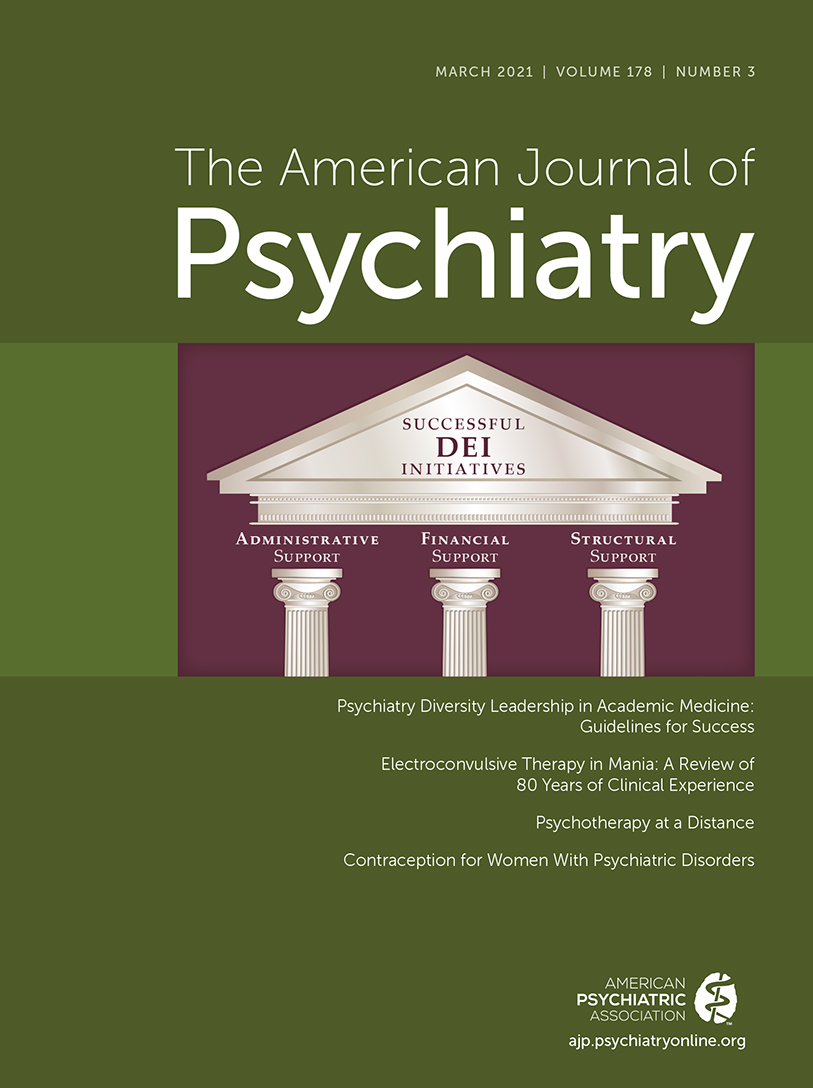Ulipristal Acetate for Treatment of Premenstrual Dysphoric Disorder: A Proof-of-Concept Randomized Controlled Trial
Abstract
Objective:
Premenstrual dysphoric disorder (PMDD) is a common mood disorder, characterized by distressing affective, behavioral, and somatic symptoms in the late luteal phase of the menstrual cycle. The authors investigated continuous treatment with a selective progesterone receptor modulator, ulipristal acetate (UPA), as a potential treatment for PMDD.
Methods:
The authors conducted an investigator-initiated, multicenter, double-blind, randomized, parallel-group clinical trial in which women with PMDD (N=95) were treated with either 5 mg/day of UPA or placebo during three 28-day treatment cycles. The primary outcome was the change in premenstrual total score on the Daily Record of Severity of Problems (DRSP) from baseline to end of treatment. DRSP scores were captured by daily ratings using a smartphone application and were analyzed with linear mixed models for repeated measures.
Results:
The mean improvement in DRSP score after 3 months was 41% (SD=18) in the UPA group, compared with 22% (SD=27) in the placebo group (mean difference −18%; 95% CI=−29, −8). Treatment effects were also noted for the DRSP depressive symptom subscale (42% [SD=22] compared with 22% [SD=32]) and the DRSP anger/irritability subscale (47% [SD=21] compared with 23% [SD=35]), but not for the DRSP physical symptom subscale. Remission based on DRSP score was attained by 20 women in the UPA group (50.0%) and eight women in the placebo group (21.1%) (a statistically significant difference).
Conclusions:
If these results are replicated, UPA could be a useful treatment for PMDD, particularly for the psychological symptoms associated with the disorder.



